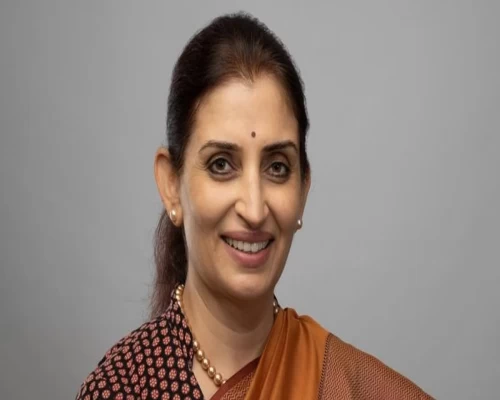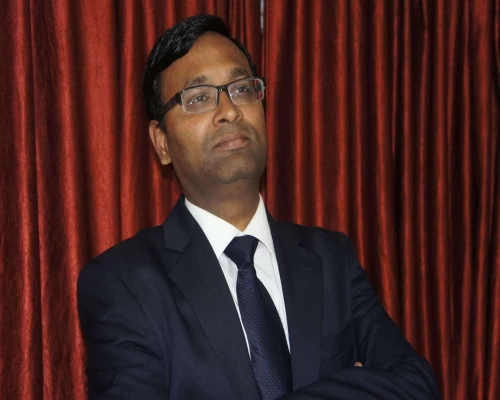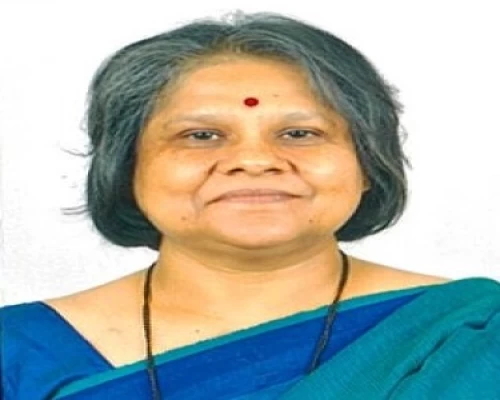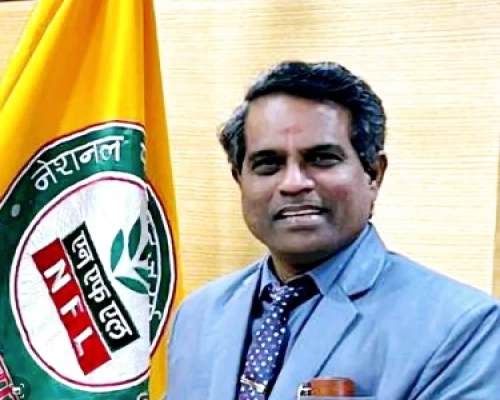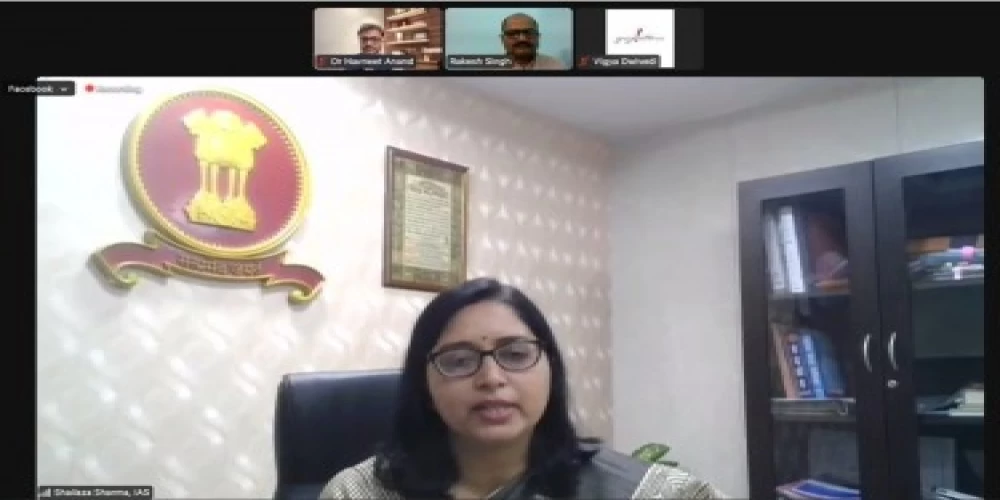
Patna: Simple and grounded, Shailaza Sharma, Bihar-cadre IAS officer of 2013 batch, is presently working as Additional Secretary, Road and Construction Department, Government of Bihar and Director, Patna Metro. In an exclusive dialogue with Dr Navneet Anand, Editor-In-Chief, Bureaucrats India and Associate Editor Rakesh Singh on ‘Good Governance Through Ground Connect,’ Sharma shared her insights on many issues including public service and how good governance is bringing about transformation in Bihar.
She has had the opportunity of serving in different capacities in Bihar, which included working as Assistant Secretary, Ministry of Women and Children Development, Government of India; District Magistrate of Saharsa; Assistant Collector, Nalanda District; Deputy Development Commissioner Muzaffarpur; Sub Divisional Magistrate, Lakhisarai, and so on. Excerpts of her interview with Bureaucrats India:
Q: What motivated you to aggressively implement e-governance initiatives in Saharsa?
During my tenure as District Magistrate in Saharsa, I diligently implemented e-governance initiatives of Bihar government. I observed that the district was flood-prone and most of the time of the year people remained marooned due to flooding of their areas. In such a situation, the work of making different types of certificates got hampered. E-governance initiatives helped people a lot.
Q: What were those initiatives?
Firstly, we focused on organizing camps. Through interventions like ‘Prashashan Aapke Dwar,’ I ensured that people got ease of service. Camps were organized in each Panchayat. Officials of all departments joined the camp, which gave us an opportunity to understand the problems of people in getting the services of Bihar government’s initiative under the Bihar Right to Public Service. For delivery of e-governance services, we appointed nodal representatives, who collected applications for delivery of various kinds of certificates from people of the areas that were accessible only by boats. The nodal representatives collected applications from people, maintained data and submitted them to the block offices.
Q: How good was the response of the people?
People participated overwhelmingly that enabled us to deliver basic services at their doorsteps. Proud to say that Saharsa got national recognition for the initiative!
Q: During your tenure in Muzaffarpur, the district was adjudged as the Best Performer for Swachh Bharat Mission. Do you think programs like the Swachh Bharat Mission are an essential part of good governance?
Behavioural change programs like Swachh Bharat Mission are an essential part of good governance. Such programs are motivational and give opportunities for participation from different groups in the society like civil society, common people, Anganwadi workers, JEEViKA Didis and public representatives. Such programs are important to create awareness about the importance of hygiene. Notably 7 per cent deaths and 19 per cent infant mortality worldwide are caused because of unsafe drinking water and unhygienic conditions. Governance is participatory and it cannot be possible without involvement of different stakeholders.
Q: In Saharsa, you got the Best District Collector Award for reducing road accidents and creating awareness on road safety. What was the strategy to reduce road mishaps?
Before implementing the punitive measures, we launched massive awareness programs for different stakeholders, including school and college students. Besides, we also penalised the offenders. Our focus areas were colleges and schools. Through concerted efforts of various departments like Transport, Road Construction and others we launched a massive awareness campaign.
Q: What are the major shifts you see in bureaucracy – from your student days to your service period.
There is a major shift. People are more empowered now and they have access to various platforms to put forward to their voice. There are Janata Durbars, camps at Panchayat and district levels, Panchayat bodies, e-platforms that have given power to people to approach the government officials for redressal of their problems. Besides, there are nodal officials deputed at various levels who help people to redress the issues.
Q: Could you share some experience where those on margins have been made to realise that governance is all about serving with empathy and humility.
My personal intervention at different camps to resolve issues of people helped them a lot. People had simple issues like getting a caste, income or Land Possession Certificate, Aadhaar card, etc. However, when unattended, they became a big problem for them. A woman in Saharsa who bought insurance for her cattle after much persuasion got its benefit when her cattle died of snakebite. This may sound silly, but it matters a lot for common people.
Q: Is bureaucracy still not inclusive?
People are more participative these days. There are various forums where people raise their issues and the bureaucracy is responsive to them. Now things are working two ways. Bureaucrats are change agents who work as catalysts for effective implementation of government policies. Without the participation of people bureaucracy cannot be successful.
Q: Patna Metro is one project which people are looking forward to bringing ease of transport. Could you share some details?
The whole project is being implemented through Patna Metro Rail Corporation Limited. The total length of the Patna Metro project is 32 km. The first corridor of 18 km length is from Danapur to Khemnichak. In two years, it will come to shape. The metro train would bring ease of transportation.
Q: How roads have improved in Bihar lives and generated opportunities?
The government has focussed on building good roads that connect all parts of Bihar. Now you can reach the state capital, Patna, from any part of Bihar in four to five hours. Good roads have promoted industries, built an ecosystem of growth and generated livelihood opportunities. Good connectivity means accelerated growth with the opening of new economic avenues.
Q: You take on gender inclusivity in bureaucracy?
I feel lots of women are now cracking the Civil Services examination and becoming bureaucrats. Girls these days are more ambitious and they are joining the Civil Services with a rich academic background.
Q: Your tips to Civil Servant aspirants!
One should always select the subjects he or she is interested in. The questions are more logic-based. The aspirants should inculcate the habit of thinking logically and go for smart preparation. Patience, perseverance and practice are key to cracking the Civil Service examinations. Be determined and be focussed.


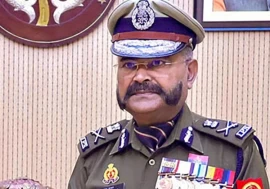
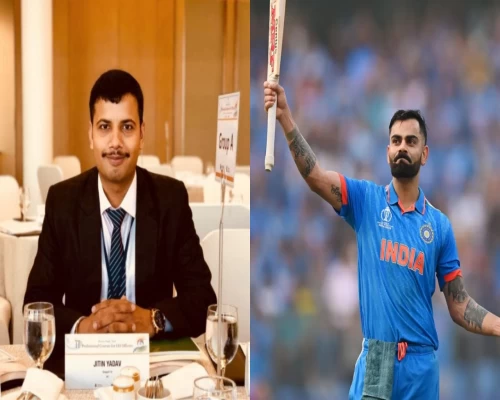
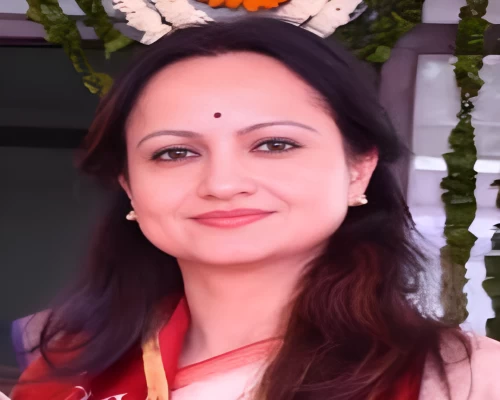
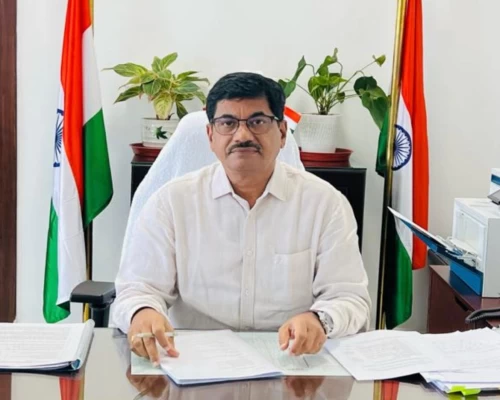
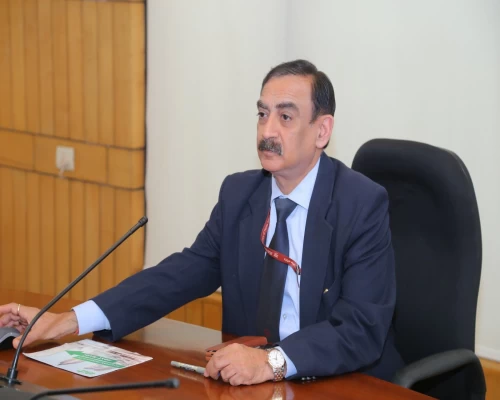
_500_x_400.webp)
